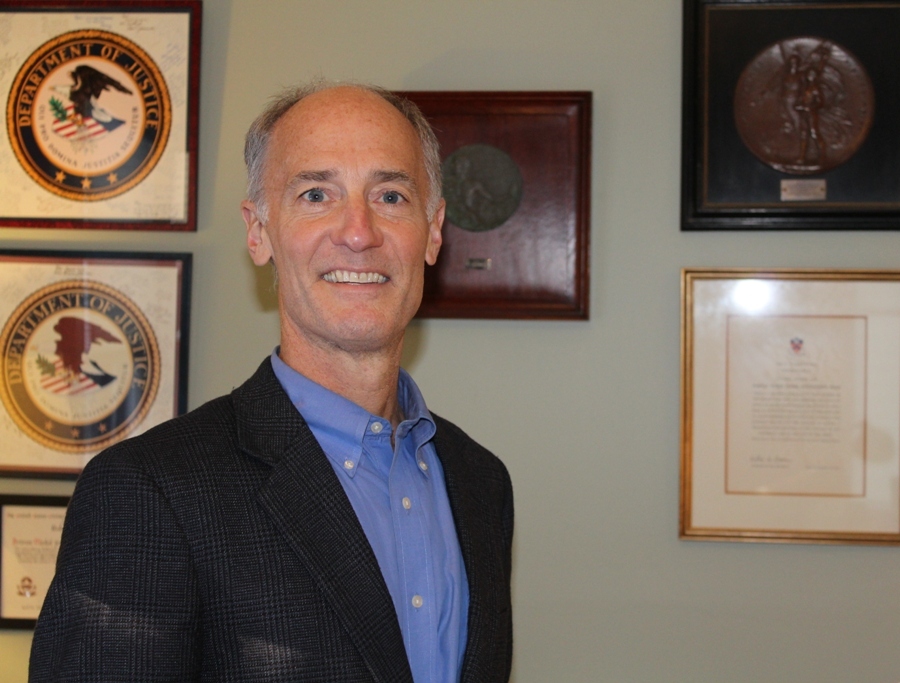At BU Law School, the seminar on Health Care Fraud and Abuse led by whistleblower attorney Bob Thomas shifted yesterday from technical doctrine to the different viewpoints of practitioners in the field, as the final four weeks of the class focus on how lawyers fight health care fraud, depending on who it is they represent.
The Seminar Will Hear From Many Kinds of Lawyers Who Practice in Health Care Fraud
Having covered the False Claims Act backwards and forward, the Anti-Kickback Statute, the Stark Laws, the Food Drug and Cosmetic Act, the Exclusion Remedies, and Anti-Retaliation laws, the class now turns to the practical. How do lawyers work with these laws to fight health care fraud? Which kinds of clients do they represent? What types of problems are encountered? What types of lawyering skills are required in these different styles of practice, e.g., litigation vs. compliance counseling? The class will hear from prosecutors, defense lawyers, compliance professionals. It will also hear from a whistleblower whose case recently settled after eight long years.
Prosecutorial Perspectives Highlights Former Government Lawyers who Fight Health Care Fraud
Yesterday’s session on prosecutorial practice featured three experienced health care prosecutors. Each of whom had outstanding credentials and experience and the ability to connect with the students. Erica Hitchings, a former AUSA in San Francisco and alumna of the Department of Justice Honors Program in the Civil Division, Shannon Kelley, a former AUSA in Boston and also an alumna of the Department of Justice Honors Program, currently working in Compliance at Sanofi North America, and Sara Bloom, a current AUSA in Boston and the lead prosecutor of two of the largest False Claims Act settlements in history: the $2.3 billion global settlement with Pfizer, Inc. and the $3 billion global settlement with Glaxo Smith Klein.
The panel covered a lot of ground in two hours. How working in the public interest first drew them to the work. The motivation from having a job that impacts the public good. How emotional intelligence and ability to work with others and to use diplomatic skills to move a complex case forward with multiple governmental stakeholders on board are critical aspects of the job – things not taught in law school. They also emphasized the importance understanding statistics to test theories of liability in a statistically reliable manner.
Each prosecutor described a particularly important case
Each panelist described a particular case. Ms. Hitchings described working on cases against skilled nursing facilities that over-medicated a particularly vulnerable population to increase profits. Ms. Kelley described her role in digging into thousands of documents to determine whether a relator’s claims about a Glaxo plant in Puerto Rico were worthy of prosecution – and the ground-breaking case settlement that resulted. And Ms. Bloom discussed her decision to charge Glaxo’s in-house counsel Laura Stevens with criminal obstruction of justice for Steven’s role in allegedly lying to the Food and Drug Administration about subjects under investigation. Not only are these important cases to know about in their own right, but what was particularly interesting was learning how these cases were constructed and why certain decisions were made along the way.
Conclusion
The students gained a powerful snapshot of what it means to represent the public as a lawyer. They also learned about exercising discretion in a principled manner. Finally, they gained insight into what it means to use your law degree for some greater good. Lucky law students!

